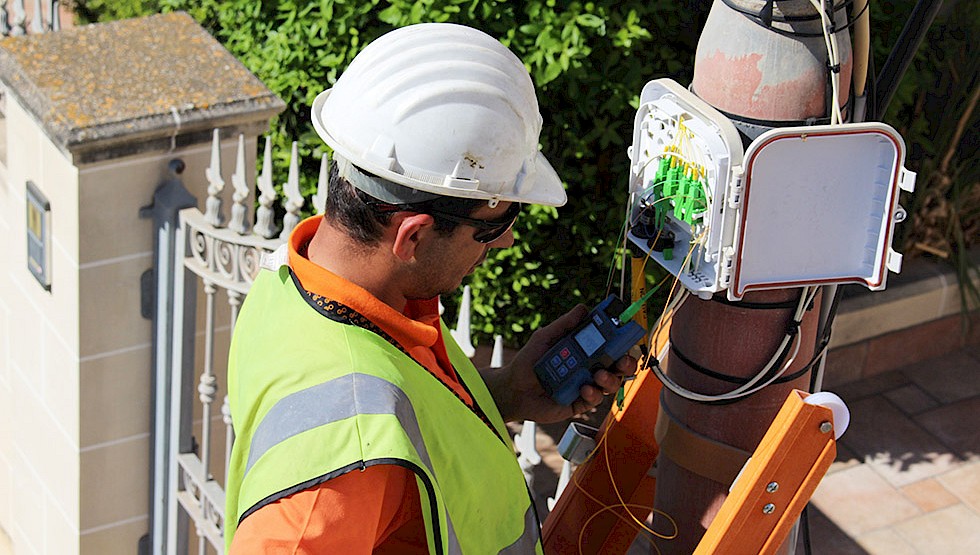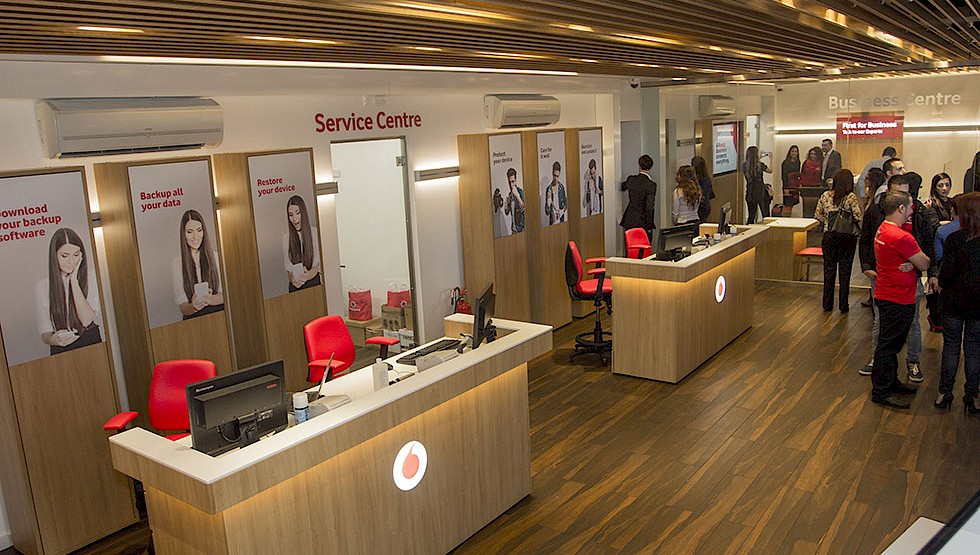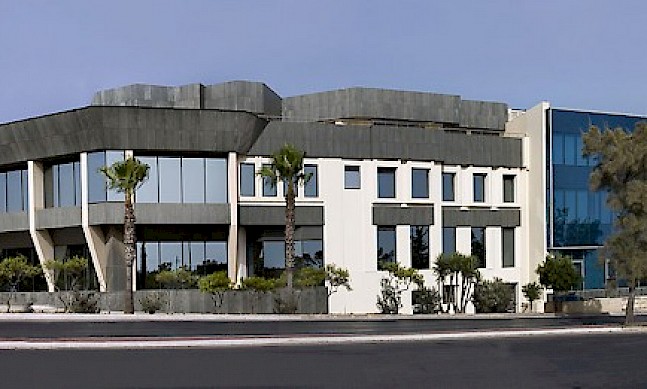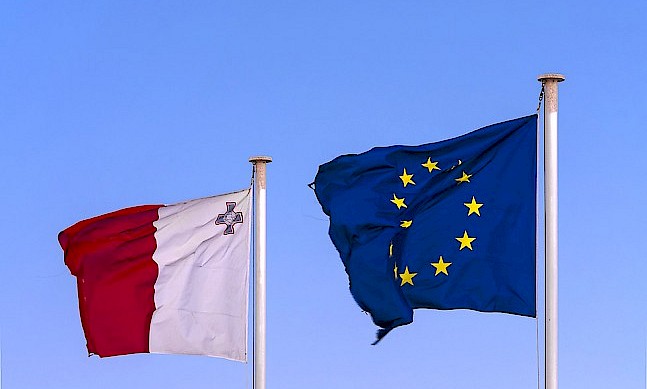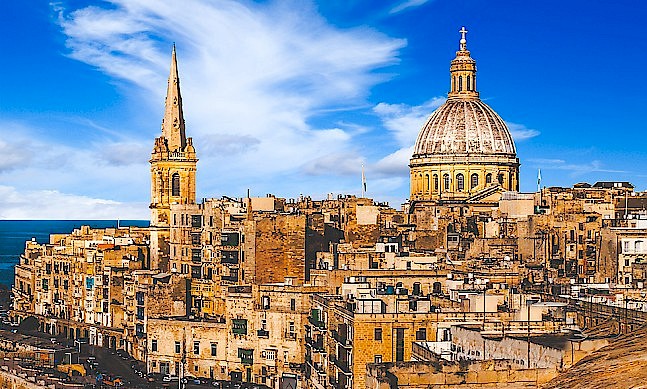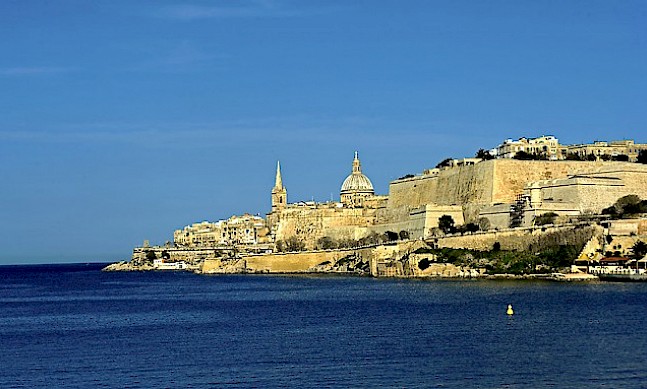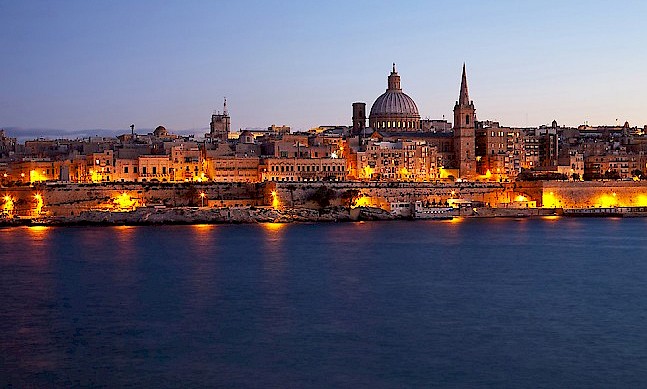The roll-out of advanced technology – way ahead of other European states in some aspects – is seen by the Malta Communications Authority (MCA) as the enabler of a ‘whole new business strategy’, aided by the confluence of a low tax regime, light-touch responsive regulation and perpetual upgrading of the networks.
ICT is the archetypal young man in a hurry and recent advances have come perhaps not so much despite Malta being a small island but because of it. Establishing high-speed communications across the nation is swifter if the nation is both small and fortuitously located in the middle of an international communications highway.
As Edward Woods, chairman of the MCA, put it, “ICT features high on our national agenda as it is a key enabler for economic and social development.”
Large or small. Domestic or foreign. Few would be bold enough openly to speak of growing ICT-reliant business to the size of the tourism industry, which represents 29 percent of Malta’s GDP. Yet the industriousness present in ICT expansion gives a broad hint in that direction. What’s more, the potential unleashed by the hosting of i-gaming on Malta is both huge, and as far as these things can be, a sure-fire winner.
A European Commission report notes that “more and more Maltese SMEs sell online (16 percent) and the percentage of SMEs selling online to other EU member states (12 percent) is high”. However, it adds that there is room for improvement in e-commerce turnover (3.5 percent) and the use of e-invoices (8.8 percent), where Malta is below the EU average. Its point that adopting digital technologies is an important driver of labour productivity is well understood by the MCA, which sees part of its role as instilling digital literacy and advancing business innovation in communications. “This activity broadens the investment perspective of SMEs which are strongly acknowledging the importance and benefits of investing in web technologies,” said Woods.
€40,000
seed fund to help start-ups bring innovative ideas to level to commercialise
In 2014 the MCA and the University of Malta agreed to support initiatives that bridge the gap between research, innovation and entrepreneurship in ICT-related fields. This resulted in to a seed fund of up to €40,000 made available by the MCA to support two local start-ups to develop an innovative business idea with a view to eventual commercialisation, with €20,000 already being allocated.
Cloud computing is another area beset with possibilities. An EU study, Quantitative Estimates of the Demand for Cloud Computing in Europe, forecasts an increase of one percent in GDP and the creation of 2.5 million jobs by 2020 if all EU states adopt the technology.
The study also reports that a scenario driven by government policy was three times more effective in creating jobs and economic growth than one operating in isolation. The one item ICT advancement in Malta is not short of is government support.
“Given time, ict-reliant industries may collectively reach the size of the tourism sector.”Tweet This
Indeed, the government’s Digital Malta Strategy, articulated between the MCA and the Malta Information Technology Agency (MITA) envisages “a digitally-enabled country empowering its people, communities and entrepreneurs through the intelligent and universal use of ICT”. Set up in 2014 and running through to 2020, it puts forward a set of guiding principles and policy actions of how ICT can be used for socio-economic development. This is no pie-in-the-sky initiative. The strategy incorporates contributions from over 240 people from all sectors of society, and includes more than 300 proposals and suggestions submitted during meetings, workshops and consultations.
It also strengthens the attractiveness of Malta for knowledge and innovation-based investment at a time when all eyes are on the country thanks to its hosting of the CHOGM in late 2015, its EU Presidency in 2017, and its capital city, Valletta, acting as the European Capital of Culture in 2018. “The Digital Malta Strategy launched in 2014 aspires to synergise the work of public authorities and other stakeholders to really drive ICT across all strata of society and business communities,” says Woods. “By the end of 2016, I am confident that Malta would have edged a step closer to fulfilling the 2020 Digital Agenda vision and targets.” 2016 marks 15 years of operations for the MCA, a period of time which has seen huge changes in the ICT sector, but it is clear that the coming years will be truly transformative for Malta.
Malta tops the region in next-generation broadband coverage
Internet connection speed is not the only thing soaring round Malta. According to the European Commission’s Digital Agenda Scoreboard, the island ranks first among 28 EU states in next generation broadband network coverage. Two of the four nationwide broadband networks serve the market through next generation access (NGA). Malta also climbed two places, ranking ninth overall, in connectivity, which measures the quality and deployment of broadband infrastructure.
Progress in ICT development is further illustrated by other scorecard findings. Fixed broadband access in Malta has 100 percent coverage compared with 97 percent for the EU as a whole. However, it is in NGA where Malta’s superiority stands out. An NGA has download speeds of 30 Mbps or more. Malta again scores 100 percent coverage, well in front of the 68 percent EU average shown in the scorecard.
Every household in Malta has access to high-speed broadband services with speeds reaching at least 100 Mbps, and subscriptions to these services are following the same upward trend.
The scorecard shows that in one year, the number of Maltese households subscribed to broadband speeds of 30 Mbps or more increased by 41 percentage points to reach 55 percent in 2014, up from 14 percent in 2013 and two percent in 2012.



